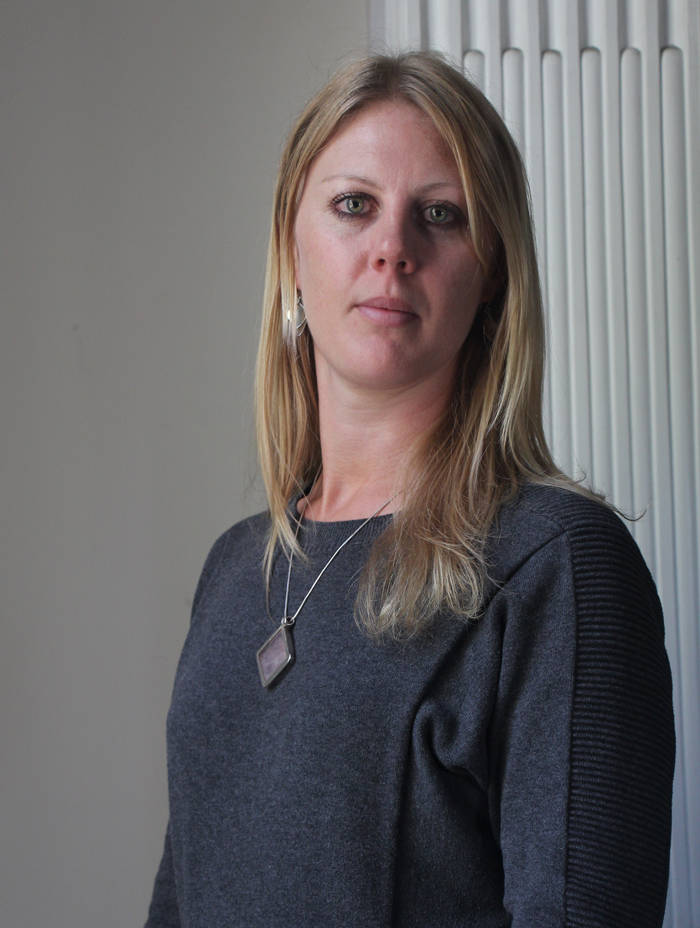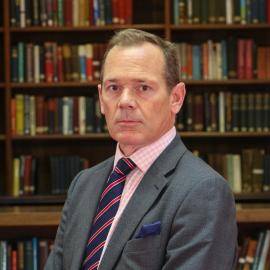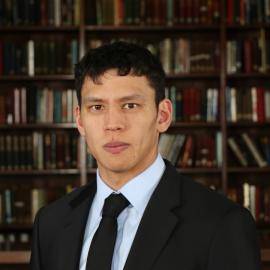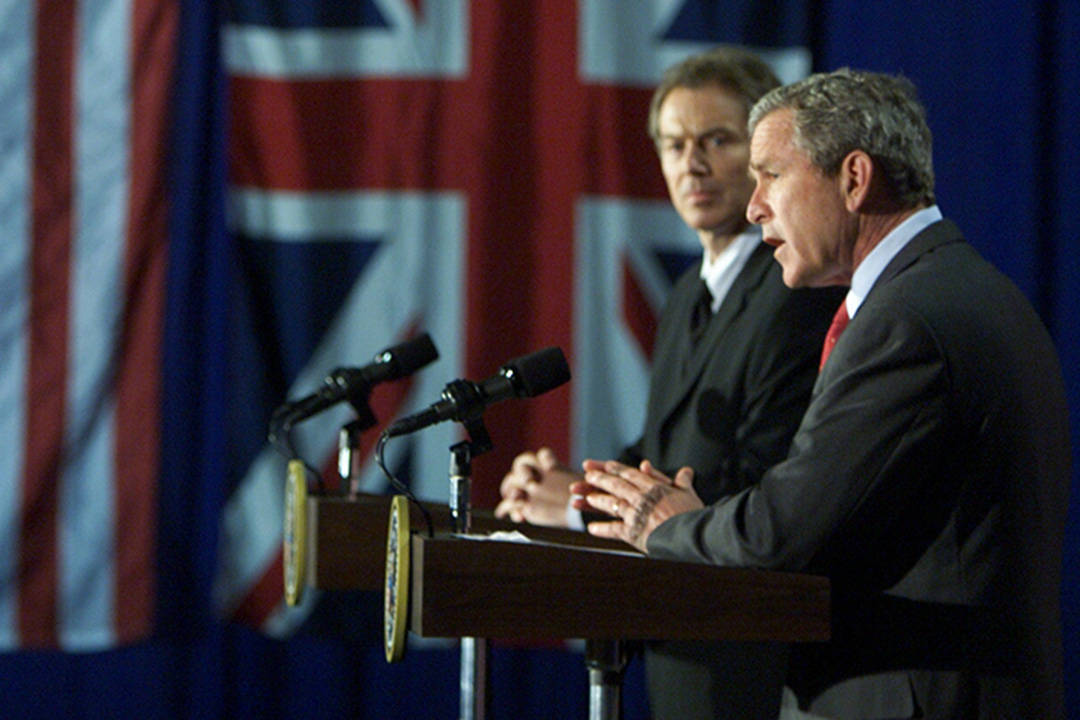The Taliban Takes Afghanistan - RUSI Expert Reaction
As the Taliban takes Kabul experts from RUSI, the Royal United Services Institute, give their assessments of the unfolding situation.
Latest comment and analysis on Afghanistan here.
Emily Winterbotham, Director, Terrorism and Conflict – on the Taliban’s takeover of Afghanistan:
The arrival of the Taliban in Kabul is shocking but is it surprising? Many of us have repeatedly warned that the growing power vacuum in the country would feed directly into the hands of the Taliban. The Taliban has made good use of the last 17 months - paving the way for a quick takeover by doing deals with local powerbrokers. As warlords and provincial governors jumped ship or switched sides and the US did a midnight flight from Bagram, is it any surprise that the Afghan Army put up little resistance and the road to Kabul was cleared?
Emily Winterbotham
RUSI Senior Associate Fellow, Terrorism and Conflict
Dr Peter Roberts, Director, Military Science – on the military collapse and resistance:
'Building an Afghan army was an audacious plan but creating a symbol of national unity was counter-cultural for good reason. As a nation of 20,000 villages, local militia had successfully stifled previous attempts to subvert the entire state over generations. Changing this dynamic, for all the right reasons to Western eyes, foreshadowed an institutional collapse that allowed the Taliban to gain control without a real fight and no organised resistance.'
Professor Peter Roberts
RUSI Senior Associate Fellow, Military Sciences
Nick Reynolds, Research Analyst, Military Science – on the state of the Afghan military:
'The collapse of the Afghan military happened with a surprising speed, but was otherwise a predictable outcome. Before the Biden administration announced the intention to totally withdraw earlier this year, the ANSF were demonstrably unready to meet Afghanistan's security needs without NATO support, and had been slowly losing ground to the Taliban.'
Nick Reynolds
Research Fellow, Land Warfare
Umer Karim, RUSI Visiting Fellow – on the Taliban’s advance and the impact on Pakistan:
'The swift and relatively bloodless takeover of Afghanistan by the Taliban echoes the political prowess of the group and a near perfect synchronisation between its civil and military components as well as the militant movement's commanders across various regions of Afghanistan. These developments have taken place with the tacit approval of all of Afghanistan's neighbours while the United States is simply happy to relieve itself from this conundrum and pass the buck to the regional stakeholders. Within the region its a geopolitical gain for Pakistan as the Ghani government had grown increasingly hostile towards it and is now being replaced by a regime that has in past worked alongside Pakistan.'
Umer Karim
Former Visiting Fellow, Pakistan
Professor Michael Clarke, RUSI Distinguished Fellow – on the UK and Afghanistan:
'For all the good that UK military and aid personnel did over 20 years in Afghanistan – and they certainly did quite a lot – there will also be many ugly truths to confront. One of the most unpalatable may not emerge very easily. The fact is that for two decades UK national leaders pretended, to themselves as much as to everyone else, that they were enacting a national strategy for Afghanistan. In reality, they were operating little more than the UK’s tactics within a US strategy over which they had next to no influence.'
Professor Michael Clarke
RUSI Distinguished Fellow, Military Sciences
Tom Keatinge, Director, Centre for Financial Crime and Security Studies, on the Taliban's financing of its operations:
To date, the Taliban has made profitable use of the territory it controls to maintain its activities. The rapid expansion of its territory offers considerable additional financial opportunity via the taxation of the businesses and people within its control. However, it now faces the challenge of ‘governing’ including funding the services that people expect. To the extent the international aid on which Afghanistan relies is curtailed, the Taliban will face considerable challenge in financing both its operations and the state.
Tom Keatinge
Director, CFS
Tom Keatinge on the Taliban's financial outlook:
Many are concerned about the financial resources the Taliban can access now it controls Afghanistan’s coffers, although much is held offshore. US authorities have moved quickly to restrict foreign currency reserves and other assets held in the US and – we can assume – are pressuring other financial centres, particular in the Gulf, to do likewise. Looking ahead, the Taliban will face the financial challenge of governing. As Afghanistan’s traditional financial allies adapt, we can expect those countries seeking to benefit from the US withdrawal to exploit the Taliban’s need to develop new economic relationships.
Tom Keatinge
Director, CFS
Emily Winterbotham, Director, Terrorism and Conflict on the next steps for Afghanistan:
'There will be time to discuss how to work (or not) with the new government. Statements on ensuring Afghanistan should never again be a safe haven for international terrorists are pointless – let’s not forget that Al Qaeda never really left the country whilst ISIS already has a foothold. The focus right now needs to be on refugees and humanitarian assistance. Several countries have already expanded their special immigration programmes for Afghans. The UK needs to urgently issue visas not only for those who have directly worked for the UK government but for the most vulnerable, above all, human rights defenders, journalists and other members of the media, well-known women, and any number of Afghans who may face threats for having worked with and for the international community.'
Emily Winterbotham
RUSI Senior Associate Fellow, Terrorism and Conflict
FEATURING
Emily Winterbotham
RUSI Senior Associate Fellow, Terrorism and Conflict
Professor Peter Roberts
RUSI Senior Associate Fellow, Military Sciences
Nick Reynolds
Research Fellow, Land Warfare
Military Sciences
Umer Karim
Former Visiting Fellow, Pakistan
Professor Michael Clarke
RUSI Distinguished Fellow, Military Sciences
Tom Keatinge
Director, CFS
Centre for Finance and Security














